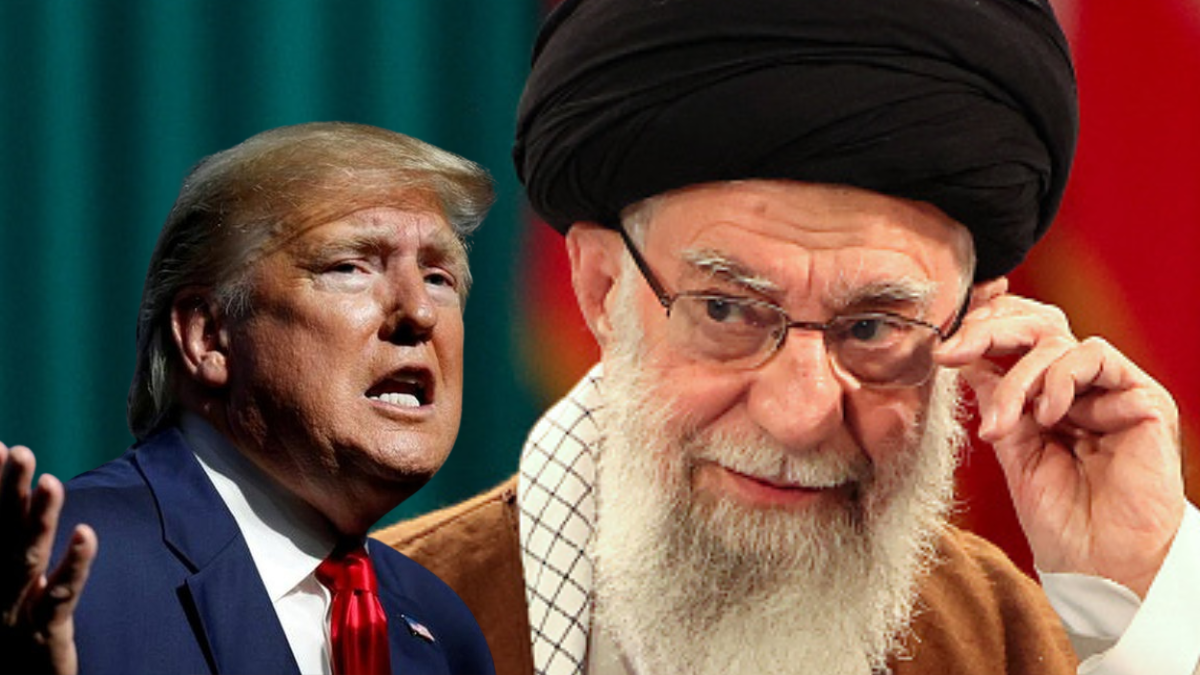
February 17, Iran: Iran’s Supreme Leader Ayatollah Ali Khamenei has emphasized the need for the country to strengthen its military capabilities, particularly after former U.S. President Donald Trump’s threats to use force if Tehran does not engage in negotiations over its nuclear program. Khamenei’s comments, made during a visit to a defense exhibition in Tehran on Wednesday, underline his stance on continuing the country’s progress in military technology.
While addressing the exhibition, Khamenei remarked, “Progress should not be stopped.” He acknowledged that Iran had made significant advancements in its missile technology, specifically citing the accuracy of the country’s missile systems. However, he made it clear that Iran believes these capabilities should go beyond their current limits. “We now feel this limit is no longer enough. We have to go forward,” Khamenei stated, highlighting the country’s determination to continue strengthening its defenses.
The Supreme Leader also noted that Iran’s defensive power is widely recognized, and he emphasized that enemies are fearful of the country’s growing military strength. “Today, our defensive power is well known, and our enemies are afraid of this. This is very important for our country,” he said.
Khamenei’s remarks come in response to recent comments by Trump, who in interviews with Fox News suggested that preventing Iran from developing nuclear weapons could be achieved either through force or diplomacy. Trump’s threatening statements regarding the use of military action to halt Iran’s nuclear ambitions have been met with strong condemnation from Tehran. Amir Saeid Iravani, Iran’s representative to the United Nations, criticized Trump’s “reckless and inflammatory statements” and warned that any act of aggression would result in severe consequences for the United States.
In a letter to the UN Security Council, Iravani condemned Trump’s recent media comments, which included a suggestion that Iran’s nuclear program could be addressed with either “bombs or a written piece of paper.” The Iranian envoy stated that such statements violated international law and the UN Charter, which prohibits threats or the use of force against sovereign states. Iravani reiterated that any aggression from the U.S. would have “severe consequences,” and that the U.S. would bear full responsibility for any resulting actions.
Iran has long maintained that its nuclear program is intended solely for peaceful purposes, denying any intentions to develop nuclear weapons. However, tensions between the two countries have escalated since Trump’s presidency, especially after the U.S. withdrew from the 2015 Joint Comprehensive Plan of Action (JCPOA), a landmark deal that had imposed restrictions on Iran’s nuclear activities in exchange for sanctions relief. Although Tehran initially continued to comply with the agreement after the U.S. pulled out, it began gradually rolling back its commitments. Iran has since accelerated its uranium enrichment activities, reaching up to 60 percent purity, which is close to the 90 percent level considered to be weapons-grade.
Khamenei’s comments have also been echoed by other Iranian officials. On Friday, he reiterated that there should be no negotiations with the U.S., following Trump’s suggestion of a “verified nuclear peace agreement.” “No problem will be solved by negotiating with America,” Khamenei asserted, referring to the country’s previous experiences with talks. The Iranian leader has been steadfast in his opposition to engaging in direct negotiations with the U.S., especially after the U.S. withdrew from the JCPOA.
Iranian President Masoud Pezeshkian also questioned the sincerity of U.S. intentions for dialogue, pointing out the contradiction in Trump’s statements. “Trump says he wants to negotiate, yet at the same time, he signs off on every possible conspiracy to bring this revolution to its knees,” Pezeshkian remarked during a speech on the 46th anniversary of the Iranian revolution.
The growing tensions between the U.S. and Iran over the nuclear issue have heightened concerns about the potential for further escalation. Tehran’s refusal to engage in talks with the U.S. and its continued advancements in its nuclear program and military capabilities signal a challenging diplomatic landscape. As Iran remains resolute in its stance, the international community is watching closely to see how the situation will unfold and whether further diplomatic efforts can be made to de-escalate the crisis.
For more news subscribe to questiqa.com and questiqa.us




